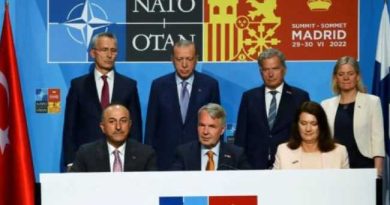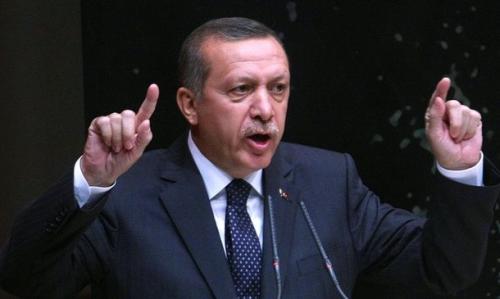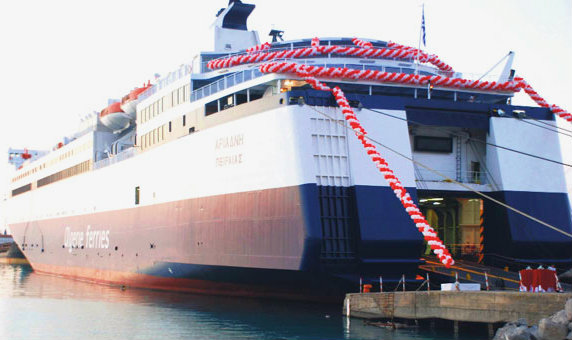New round of Iran nuclear talks to be held in Istanbul on April 13th
The new round of Iran nuclear talks will be held in Istanbul on April 13, says US Secretary of State Clinton. The US wants concrete results from the talks
U.S. Secretary of State Hillary Clinton conferred with Turkish Prime Minister Recep Tayyip Erdoğan about his nuclear discussions with Iran, a day after she declared that nuclear talks between Iran and world powers will take place in Istanbul on April 13.
Erdoğan recently went to Iran on a two-day state visit and held a series of discussions with Iranian President Mahmoud Ahmadinejad and supreme leader Ali Ayatollah Khamanei on its disputed nuclear program. Erdoğan was expected to give Clinton his take on where Iran stands, U.S. officials said on condition of anonymity ahead of the meeting.
“Our policy is one of prevention, not containment. We are determined to prevent Iran from obtaining a nuclear weapon,” Clinton told a press conference in the Saudi capital after talks with her Gulf Arab counterparts, confirming the venue for the talks will be Istanbul, as Iran prefers.
Iranian Foreign Minister Ali Akbar Salehi announced the date on March 28. He said at the time that Iran considered Istanbul — the location of the previous round of talks, which collapsed in January 2011 — the “best place,” but that other options were still being discussed.
Clinton: Time running out for diplomacy with Iran
Iran’s “window of opportunity” for a peaceful resolution “will not remain open forever,” Clinton said. “It is incumbent upon Iran to demonstrate by its actions that it is a willing partner and to participate in these negotiations with an effort to obtain concrete results.”
U.S. President Barack Obama has made it clear that there is still time for diplomacy to work, “Provided Iran comes to the talks prepared for serious negotiations,” Clinton said. Her remarks followed Obama’s announcement on March 30 that the U.S. was moving ahead with penalties aimed at depriving Iran of oil revenue, while also working with Saudi Arabia and other Persian Gulf states to ensure ample global petroleum supplies. Clinton prodded Gulf governments to develop a coordinated defense strategy against Iranian missiles.
Erdoğan also warned of serious consequences of a possible military strike on Iran. The outcome of an Israeli air strike on Iran’s nuclear facilities would be “disastrous,” Erdoğan told journalists March 31. “The entire region would be devastated if Israel strikes Iran,” Erdoğan said, adding that he shares this view with Obama, Hürriyet reported. A regional conflict triggered by a possible Israeli strike “would not end up like the war between the U.S. and Iraq. Israel should not attack Iran,” he said.
Erdoğan said Israel was engaging in “disaster-mongering,” with its constant threats of a possible strike against Iran. “Israel has between 250 to 300 nuclear warheads. No one is discussing that. Iran says it will not produce nuclear weapons. They are saying that they will produce a specific amount of enriched uranium rods and stop after that,” Erdoğan said. After his meetings in Tehran, Erdoğan expressed his belief that worries about Iran’s nuclear program can be overcome by diplomacy, in a televised speech.
Meanwhile, U.S. Ambassador to Turkey Francis Ricciardone said March 31, “Whether it is Iran’s nuclear program or the turmoil in Syria, U.S.-Turkish relations are always based on partnership not on coercion.” Ricciardone also said the U.S. and Turkey have “a respected and an effective partnership” in tackling global and regional challenges.
Compiled from AP, AFP and AA stories by the Daily News staff.
02.04.2012
SOURCE: HDNN





